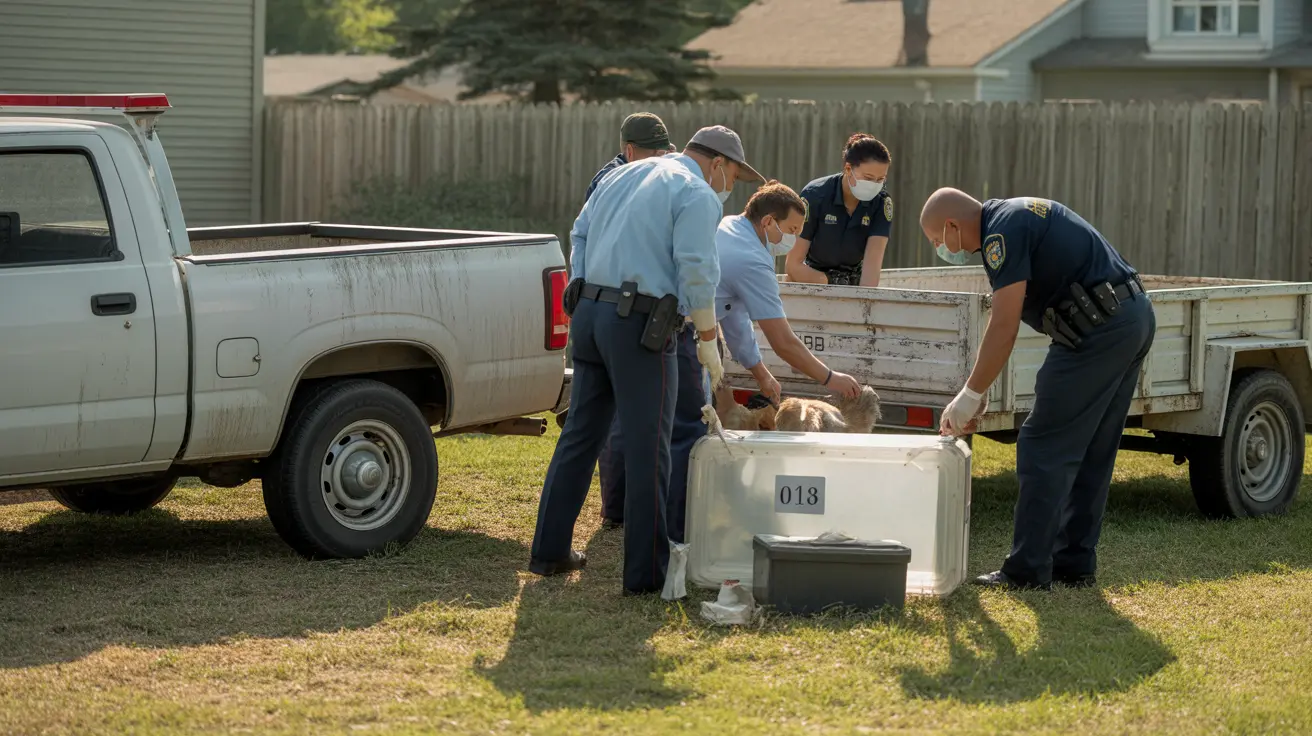How Often Should You Brush Your Dog's Teeth?
Maintaining your dog's oral hygiene is just as important as taking care of your own. Dental disease is prevalent in dogs, and by the age of three, many pets show early signs of periodontal disease. One of the most effective measures to prevent this is regular tooth brushing. But how often should you actually brush your dog's teeth?
The Ideal Brushing Frequency
Veterinarians recommend that you brush your dog’s teeth daily. This may sound excessive, but plaque begins to harden into tartar within 24 to 72 hours. Frequent brushing helps prevent plaque buildup and keeps your dog’s mouth healthy.
If daily brushing isn’t feasible, aim for brushing at least 3–4 times per week. While not ideal, this frequency can still significantly reduce the chances of dental issues.
Why Brushing Matters
Brushing your dog’s teeth is crucial for several reasons:
- Prevents dental disease: Regular brushing removes plaque, which hardens into tartar and leads to gum disease and tooth decay.
- Improves overall health: Poor dental health has been linked to systemic problems including heart, liver, and kidney issues.
- Freshens breath: Brushing helps eliminate bacteria that cause bad odors in your dog’s mouth.
- Saves money long term: Preventing dental disease through brushing can reduce the need for expensive veterinary procedures.
Tips for Brushing Your Dog's Teeth
Not all dogs love having their teeth brushed, but with patience and consistency, most can become accustomed to it. Here are some steps to ease the process:
- Start slow: Introduce your dog to tooth brushing gradually. Let them sniff and lick the toothbrush and toothpaste first.
- Use pet-safe toothpaste: Human toothpaste can be harmful to dogs. Choose one specifically formulated for dogs.
- Pick the right toothbrush: Use a toothbrush designed for dogs—either a finger brush or one with soft bristles.
- Be gentle: Gently lift the dog's lip and brush in small, circular motions, focusing on the outer surfaces of the teeth.
- Reward your dog: Offer praise or a treat afterward to reinforce a positive association.
Supplementary Dental Care
While brushing is the gold standard, there are other ways to support your dog’s dental health:
- Dental chews: These help scrape away plaque and can be a tasty reward for your dog.
- Specialty diets: Some pet foods are formulated to reduce plaque buildup.
- Water additives: These are poured into your dog’s water bowl and help reduce bacteria in the mouth.
- Annual dental checkups: Your vet should examine your dog’s teeth at least once a year and may recommend professional cleaning.
Signs Your Dog May Have Dental Issues
Keep an eye out for symptoms of dental problems, such as:
- Bad breath
- Red or bleeding gums
- Difficulty eating or chewing
- Pawing at the mouth
- Loose or missing teeth
If you notice any of these signs, consult your veterinarian for a thorough dental exam.
Conclusion
To ensure your furry companion enjoys a long, healthy life, brushing their teeth daily is essential. It’s a small act of care with significant health benefits. If daily brushing isn’t possible, aim for at least a few times a week and incorporate other dental hygiene practices. Your dog depends on you to help keep their mouth clean and disease-free.





